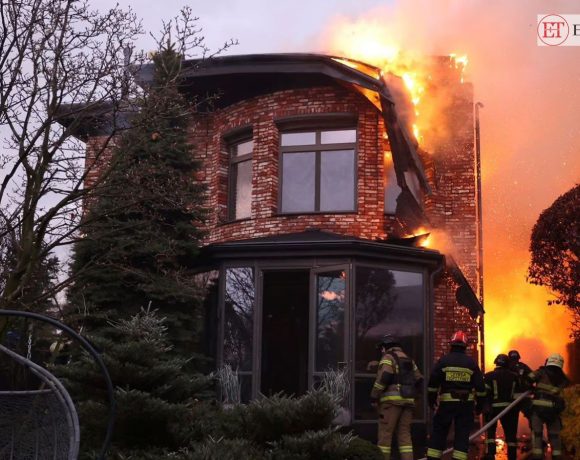
Russia launched an intercontinental ballistic missile (ICBM) targeting the Ukrainian city of Dnipro, marking a significant escalation in the ongoing conflict, Ukraine’s Air Force reported on Thursday. The missile, identified as the RS-26 Rubezh with a range of 5,800 kilometers, was reportedly non-nuclear and accompanied by a Kinzhal hypersonic missile and seven Kh-101 cruise missiles, six of which were intercepted. The attack injured two people and targeted critical infrastructure in Dnipro, underscoring the intensifying military hostilities.
This marks the first reported use of an ICBM in the over 1,000-day war. The RS-26, a nuclear-capable missile tested successfully in 2012, represents a significant show of force from Moscow. The move comes days after Russia warned of retaliation following Ukraine’s use of U.S.-supplied ATACMS missiles to strike deep into Russian-held territory, signaling escalating tensions between the warring nations.
The United Nations Institute for Disarmament Research (UNIDR) described the alleged ICBM deployment as “unprecedented.” Andrey Baklitskiy of the UNIDR noted that ICBMs, typically strategic nuclear deterrents, are rarely used in active military operations due to their high cost and precision capabilities. Russia has not officially commented on the Ukrainian Air Force’s claims.
Pic Courtesy: google/ images are subject to copyright









